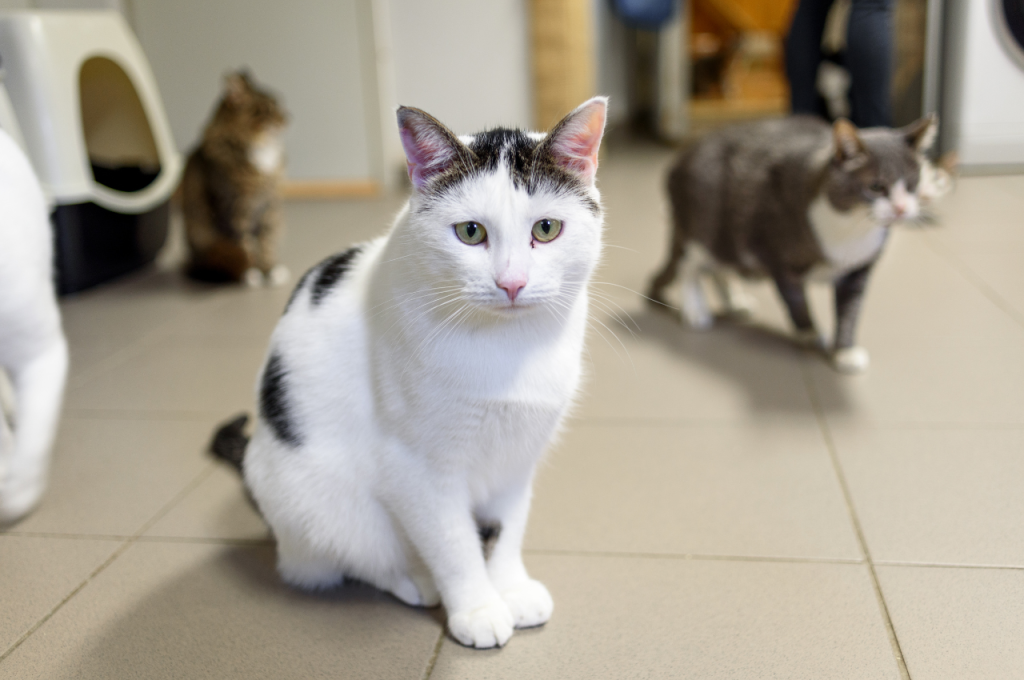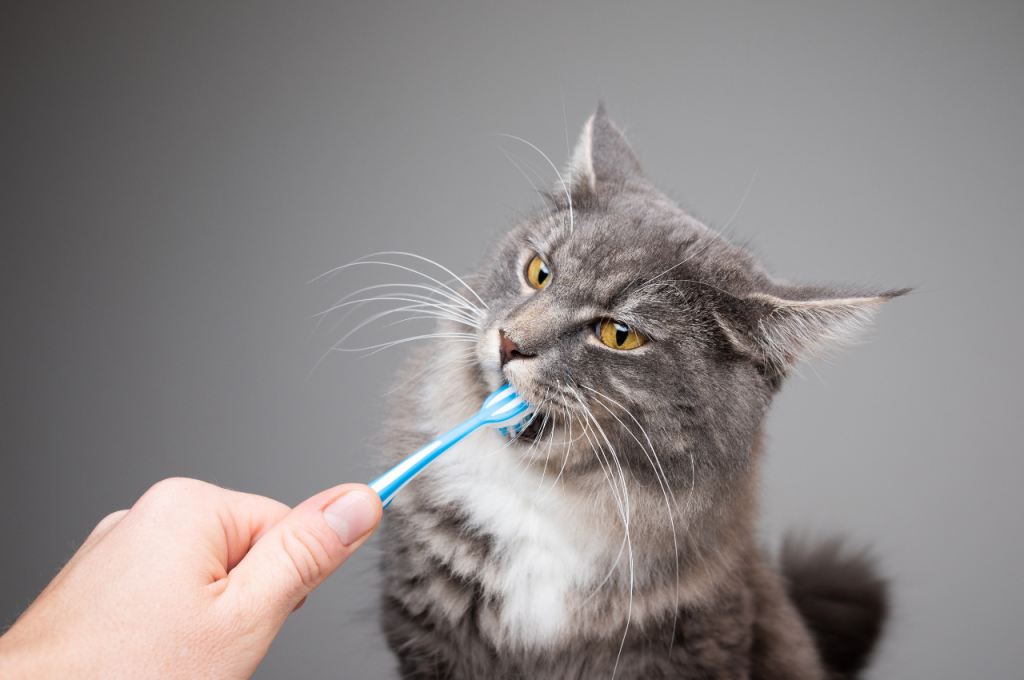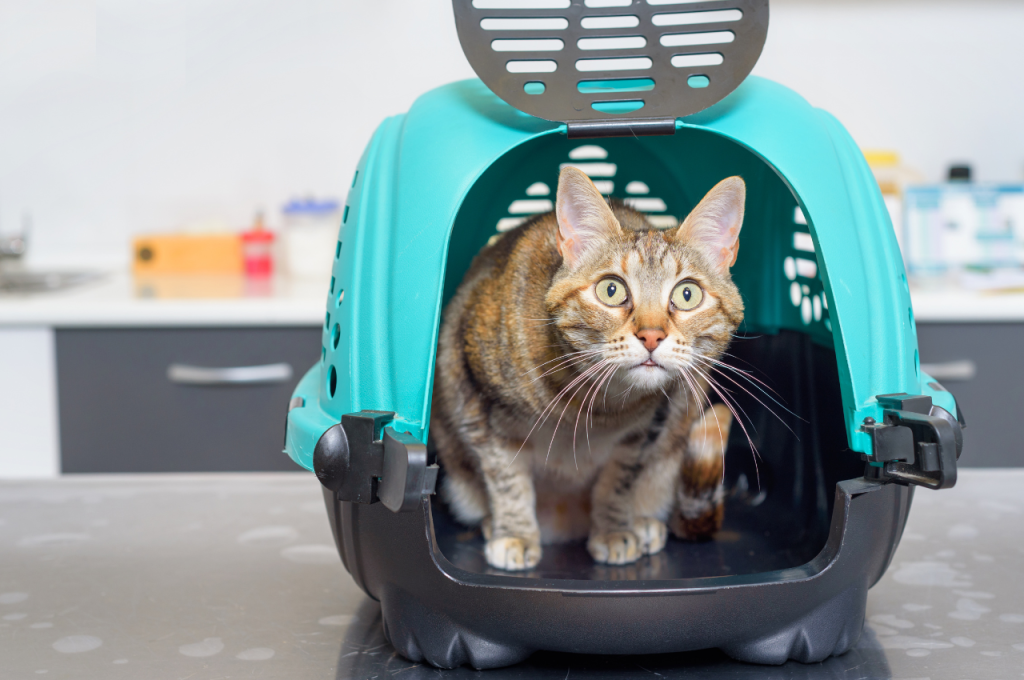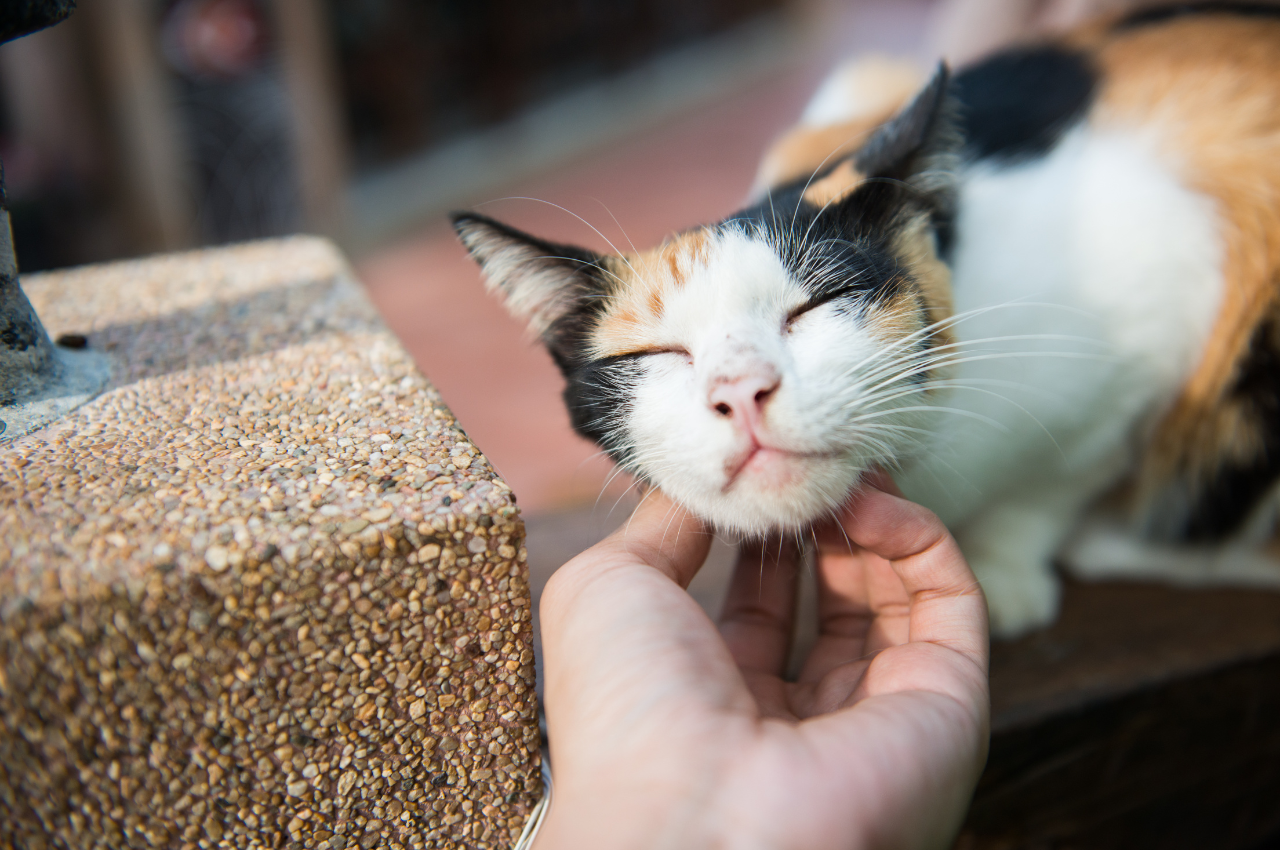Common care for cats includes providing them with proper nutrition, regular grooming, and necessary veterinary care. To keep cats healthy and happy, it is important to provide them with a balanced diet that meets their nutritional needs, groom them regularly to prevent hairballs and matting, and take them to the vet for regular check-ups and vaccinations.
Additionally, providing cats with plenty of exercise, playtime, and attention can help prevent behavioral issues and promote overall well-being. As a responsible cat owner, it is important to understand the common needs of cats and provide them with the care and attention they require. We will explore some of the key aspects of cat care and offer tips and advice for keeping your furry friend healthy and happy.
Introduction To Feline Health
Discover essential aspects of feline health, focusing on common care practices for cats. Explore preventive measures, nutrition, grooming, and regular veterinary check-ups to ensure your cat’s well-being and longevity. Understanding these basics is key to providing optimal care for your beloved feline companion.

The Importance Of Routine Care
Cats are known for their independent nature, but they still require regular care to stay healthy. Routine care is essential for cats, just like any other pet. As a cat owner, you must make sure that your cat receives the necessary vaccinations, checkups, and preventive care. Regular vet visits are important to detect any potential health issues early on. This can save you and your cat from the stress and expense of more serious problems later. In addition to regular vet visits, you should also provide your cat with proper nutrition, exercise, and grooming.
Understanding Your Cat’s Needs
Understanding your cat’s needs is crucial to keeping them healthy. Cats have unique dietary requirements that differ from other pets. They are obligate carnivores, which means their diet must contain a high amount of protein. As a result, you must provide your cat with a well-balanced diet that meets their nutritional needs. In addition to proper nutrition, cats require regular exercise to maintain their health. Encourage your cat to play and provide them with toys to keep them active. Lastly, grooming is essential for cats. Regular brushing will help prevent hairballs and keep your cat’s coat healthy and shiny. In conclusion, routine care is essential for the health and well-being of your cat. Regular vet visits, proper nutrition, exercise, and grooming are all necessary to keep your cat healthy. By understanding your cat’s needs, you can provide them with the best possible care and ensure that they live a long and healthy life.
Nutritional Needs For Cats
Cats have specific nutritional needs that must be met to ensure their overall health and well-being. Providing the right balance of nutrients is essential for maintaining a healthy weight, promoting good digestion, and supporting a strong immune system. Understanding the nutritional needs of cats can help pet owners make informed choices when it comes to selecting the appropriate diet for their feline companions.
Choosing The Right Diet
When choosing a diet for your cat, it’s important to consider their age, activity level, and any specific health concerns they may have. Quality cat food should be nutritionally complete and balanced, providing the right combination of proteins, fats, carbohydrates, vitamins, and minerals. Consulting with a veterinarian can help determine the best diet for your cat’s individual needs.
The Role Of Hydration
Hydration is crucial for cats, as they are prone to urinary tract issues. Wet cat food can contribute to their overall water intake, promoting healthy kidney function. Encouraging regular water consumption by providing clean, fresh water at all times is also essential for maintaining proper hydration levels.
Regular Veterinary Visits
Regular veterinary visits are essential for maintaining the health and well-being of your feline companion. These visits allow the veterinarian to identify and address any potential health issues before they escalate, ensuring that your cat remains happy and healthy.
Vaccinations And Check-ups
Vaccinations are a crucial aspect of preventive care for cats. Regular check-ups provide an opportunity for the veterinarian to assess your cat’s overall health, administer necessary vaccinations, and address any concerns you may have.
Dealing With Common Health Issues
Regular veterinary visits enable early detection and treatment of common health issues such as dental problems, obesity, and parasite infestations. Timely intervention can prevent these issues from developing into more serious conditions, ensuring your cat’s continued well-being.
Grooming And Hygiene
Grooming and hygiene are essential aspects of cat care that contribute to their overall health and well-being. By maintaining a regular grooming routine and paying attention to their hygiene needs, you can ensure that your feline friend stays clean, comfortable, and happy. In this section, we will explore two key areas of grooming and hygiene: coat care and bathing, as well as dental hygiene tips.

Coat Care And Bathing
Maintaining your cat’s coat is crucial for their appearance, comfort, and overall health. Regular brushing helps remove loose hair, prevents matting, and stimulates blood circulation. It also helps distribute natural oils, keeping their coat shiny and reducing the risk of hairballs.
Depending on your cat’s breed and coat length, you may need to brush them daily, weekly, or monthly. Short-haired cats typically require less frequent brushing compared to long-haired breeds. Use a soft-bristle brush or a grooming glove to gently remove tangles and debris from their fur. In addition to brushing, occasional bathing is necessary to keep your cat’s coat clean and free from dirt, allergens, and parasites. However, it’s important to note that cats are generally self-groomers and may not require frequent baths unless they get exceptionally dirty or have specific skin conditions.
When bathing your cat, use a specially formulated cat shampoo that is gentle and safe for their skin. Ensure the water temperature is lukewarm, and avoid getting water in their ears and eyes. Gradually introduce your cat to the bathing process, making it a positive experience by offering treats and gentle praise.
Dental Hygiene Tips
Just like humans, cats can also suffer from dental problems. Poor dental hygiene can lead to gum disease, tooth decay, and other oral health issues. Taking care of your cat’s teeth is essential for their overall health and can help prevent discomfort and potential dental infections.
Here are some dental hygiene tips to keep your cat’s teeth clean and healthy:
- Regularly brush your cat’s teeth using a specially designed cat toothbrush and toothpaste. Start with short sessions and gradually increase the duration as your cat becomes more comfortable.
- Provide dental treats and toys designed to promote oral health. These can help reduce plaque buildup and freshen your cat’s breath.
- Offer a balanced diet that includes dry kibble, as the chewing action helps remove plaque from their teeth.
- Schedule regular veterinary check-ups, including dental examinations and professional cleanings if necessary.
By incorporating these grooming and hygiene practices into your cat’s routine, you can ensure that they maintain a clean and healthy coat, as well as a bright smile.
Exercise And Play
Keeping your cat active and engaged is essential for their overall well-being. Regular exercise and playtime not only help to maintain a healthy weight but also provide mental stimulation and prevent boredom.
Keeping Your Cat Active
Encouraging your cat to stay active is crucial for their health. Make sure to provide opportunities for your cat to move around and engage in physical activity. This can include interactive play sessions and access to climbing structures or perches.
Safe Toys And Activities
When selecting toys and activities for your cat, prioritize their safety. Opt for toys that are specifically designed for cats, avoiding small parts that could be swallowed. Interactive toys such as feather wands, laser pointers, and puzzle feeders can provide mental stimulation and physical exercise for your feline friend.
Behavior And Training
Cats have unique behaviors that can be influenced through proper training and socialization.
Addressing Behavioral Issues
- Understanding your cat’s behavior can help address any issues effectively.
- Common behavioral problems include aggression, scratching, and inappropriate elimination.
Socialization And Its Benefits
- Socializing your cat from a young age can lead to a well-adjusted and friendly companion.
- The benefits of socialization include reduced anxiety and increased confidence.
- Proper socialization can prevent fearfulness and aggression in cats.
Safe Environment For Cats
Create a safe environment for your cat by providing regular grooming, a balanced diet, and plenty of fresh water. Keep your cat’s living space clean and free from hazards. Providing toys and scratching posts can help keep your cat active and mentally stimulated. Regular veterinary check-ups are also essential for maintaining your cat’s health.
Indoor Vs Outdoor Living
Cats can be happy indoors or outdoors based on safety.
Creating A Cat-friendly Home
Ensure a stimulating environment with scratching posts and toys.
Dealing With Aging And Special Needs
Caring for aging and special needs cats involves providing proper nutrition, regular veterinary check-ups, and a comfortable environment. Additionally, ensuring their emotional well-being through love and attention is vital for their overall health and happiness.

Caring For Senior Cats
Senior cats need special care to ensure their well-being.
- Regular veterinary check-ups are crucial.
- Provide soft bedding for comfort.
- Adjust diet to meet changing nutritional needs.
- Monitor weight and adjust food intake accordingly.
Support For Cats With Disabilities
Cats with disabilities require extra attention and care.
- Create a safe environment for them to navigate easily.
- Consult with a veterinarian for specialized care.
- Adapt the living space to accommodate their needs.
- Provide mental stimulation through interactive toys.
Conclusion
Caring for cats involves proper nutrition, regular grooming, and veterinary check-ups. Providing a loving and safe environment is key to a cat’s well-being. Remember to offer mental stimulation and playtime for a happy, healthy feline companion. Stay informed and attentive to your cat’s needs.
